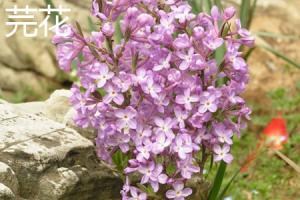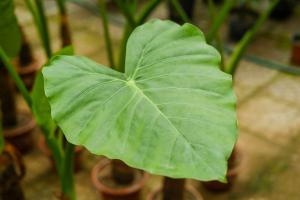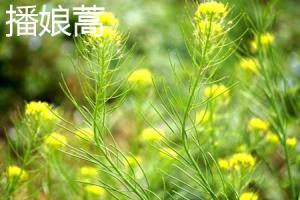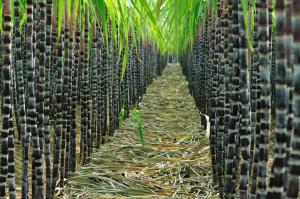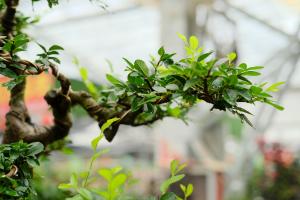Introduction
As a gardener, one is always looking for ways to give their plants the best chance at thriving. Epsom salts, which is commonly known as magnesium sulfate, has been touted as a magical ingredient for plant growth. In this article, we will explore whether Epsom salts are indeed good for young tomato plants.
What are Epsom Salts?
Epsom salts are a mineral compound made up of magnesium, sulfur, and oxygen. It is used as a home remedy for various ailments and is also beneficial for plants. Magnesium is an essential nutrient for plants, as it plays a vital role in chlorophyll production, which is crucial for photosynthesis. Sulfur is also necessary for the growth and development of plants, as it is a crucial component of amino acids, which are the building blocks of protein.
How Do Epsom Salts Help Tomato Plants?
Epsom salts are known to boost the growth of plant cells, leading to healthier and more robust plants. It is also known to aid in the uptake of nutrients and regulate the pH levels of the soil. In the case of tomato plants, Epsom salts have been shown to help prevent blossom end rot, a common problem in tomato plants. Blossom end rot is caused by calcium deficiency, and Epsom salts help in the uptake and utilization of calcium by the plants.
How to Use Epsom Salts on Young Tomato Plants
While Epsom salts may be useful for young tomato plants, it is important to note that it is not a miracle cure. It should be used in moderation and as part of an overall plant care routine. To use Epsom salts on young tomato plants, simply add a tablespoon of Epsom salts to a gallon of water and apply it to the soil around the plants. It is best to do this once a month during the growing season. It is also important to ensure that the soil is moist but not waterlogged when applying Epsom salts.
Precautions When Using Epsom Salts
While Epsom salts may be beneficial for young tomato plants, it is essential to use it in moderation. Excessive use of Epsom salts can lead to magnesium toxicity and may harm the plants. Additionally, it is crucial to ensure that the soil is adequately drained when using Epsom salts, as waterlogged soil can lead to root rot. Finally, it is best to conduct a soil test before using Epsom salts to determine if the soil is deficient in magnesium or sulfur.
Conclusion
In conclusion, Epsom salts can be beneficial for young tomato plants. It aids in the growth and development of the plants and helps prevent blossom end rot. However, it is crucial to use it in moderation, as excessive use can lead to magnesium toxicity. Overall, Epsom salts should be used as part of an overall plant care routine, and it is important to ensure that the soil is adequately drained before use.

 how many times do yo...
how many times do yo... how many planted tre...
how many planted tre... how many pine trees ...
how many pine trees ... how many pecan trees...
how many pecan trees... how many plants comp...
how many plants comp... how many plants can ...
how many plants can ... how many plants and ...
how many plants and ... how many pepper plan...
how many pepper plan...

